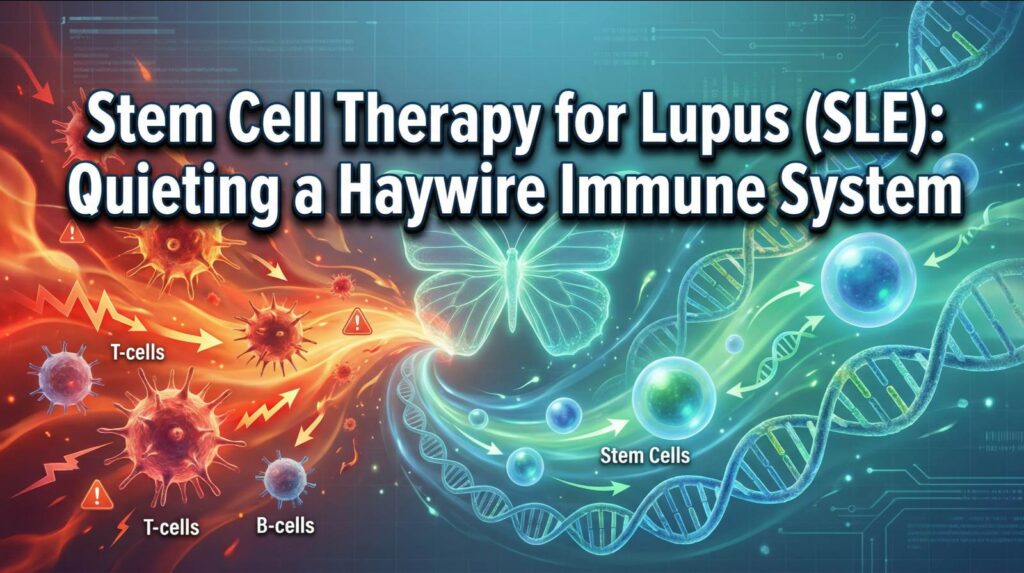Regenerative medicine is advancing at lightning speed, and it seems like every other day there’s a new breakthrough technology promising improved health, longevity, and performance.
So when Ben Greenfield sat down with Dr. Adeel Khan, a world-renowned regenerative medicine pioneer, he was eager to dig into the latest and greatest biohacking advances the good doctor is using with his high-profile patients.
Turns out there are some truly mind-blowing techniques on the near horizon that could help us all achieve a shot at superhuman abilities!
For example, did you know that most stem cell treatments being offered today don’t actually involve true multipotent stem cells? As Dr. Khan explains, current US regulations mean most clinics are using progenitor cells with more limited potential.
But in the ideal regenerative medicine protocol, you’d want to combine expanded multipotent stem cells, growth factors, and scaffolding materials to achieve full tissue regeneration. Just imagine regrowing an entirely new joint surface to permanently eliminate knee osteoarthritis!
Dr. Khan also discusses how gene editing of cells can be programmed to target specific diseases and has already achieved remission in autoimmune conditions in early trials. And there’s fascinating research showing certain peptides can inhibit myostatin and pack on muscle like a genetic bully cow!
So whether you just want to slow aging or are looking to upgrade your biology, this podcast provides an insider’s view on how pioneers in the field like Dr. Khan are already making it happen. The future is coming fast, and regenerative medicine may soon unlock our full genetic potential.
Let’s dive in and explore!
Podcast summary:
Here is a detailed summary of the key points from the podcast conversation between Ben Greenfield and Dr. Adeel Khan:
Overview:
- Dr. Khan is a leading stem cell doctor who treats high-profile athletes and celebrities. He discusses the latest advances in regenerative medicine including stem cells, gene editing, tissue engineering, peptides, and more.
Key Points:
- Most “stem cell” procedures in the US are actually using progenitor cells, not true multipotent stem cells. True stem cells can expand and multiply indefinitely. Progenitor cells have more limited potential.
- Umbilical cord stem cells appear more effective than adipose or bone marrow stem cells for anti-aging benefits. Umbilical cells are younger and healthier.
- For osteoarthritis, combining expanded stem cells with scaffolds (like hyaluronic acid hydrogels) to regrow the joint surface can provide better long-term results than knee replacement.
- Exosomes have anti-inflammatory effects but need repeated doses. Stem cells create a “new ecosystem” so effects are longer-lasting. Exosomes are not as potent.
- Peptides like thymosin alpha-1 and thymosin beta-4 can complement stem cells by modulating the immune system.
- Gene editing cell therapy is the next big advance. It allows cells to be programmed to target specific diseases. It has achieved remission in autoimmune diseases.
- Fallostatins can inhibit myostatin leading to increased muscle growth similar to myostatin knockouts. It has potential for muscle building without side effects of steroids.
- Daily routines: meditation, intermittent fasting with hmb/leucine to preserve muscle, high intensity strength training, NAD+ for cellular repair, adaptogens, intranasal red light for sleep.
Overall, the conversation covered a wide range of emerging technologies and how to optimize them for anti-aging, performance, and health. Dr. Khan provides an insider’s view on the latest advances in regenerative medicine.



